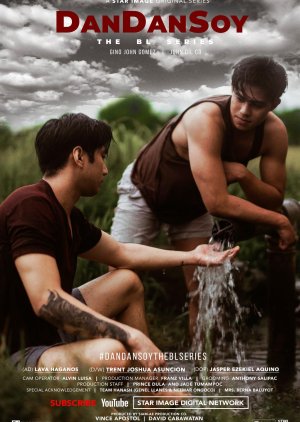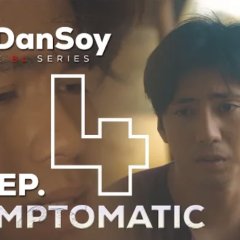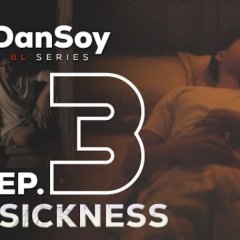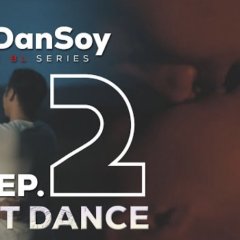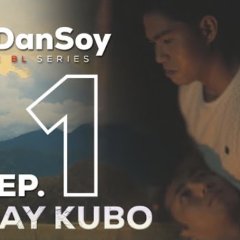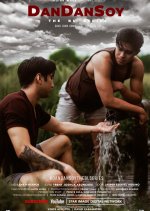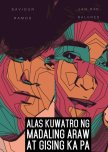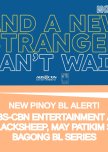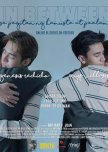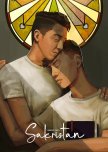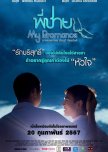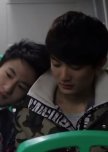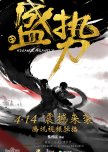Boyfriends Cardo and Nathaniel are happily living together in a rural part of the province. Even if their love helps to keep them going, they are starting to struggle to make ends meet. In need of money, Cardo hopes to find a job, but worries fill both their minds because of the COVID-19 pandemic. It could mean risking infection if they are to encounter outside people while on the job. In order to maintain a comfortable lifestyle, risks may need to be taken. (Source: MyDramaList) Edit Translation
- English
- magyar / magyar nyelv
- עברית / עִבְרִית
- dansk
- Native Title: DanDanSoy
- Also Known As: DanDanSoy The BL Series
- Screenwriter & Director: Trent Joshua Asuncion
- Genres: Romance, Drama, Melodrama
Cast & Credits
- John Gil CoCardoMain Role
- Gino John GomezNathanielMain Role
- Len Calvo Unknown Job
Reviews

So touchingly.
The beginning It’s interesting, we want to know more all the time but the end hurt me in a way that I won’t heal soon. It’s a super hard series. The actors are AMAZING. They do the job so well! They really deserve a lot of awards! The simplicity of the whole drama make everything so close from reality that can hurt. The soundtrack is fantastic. But I won’t watch this again in my life. Please Filipinos STOP make dramas in the situation of covid, with stories that Covid are the main role. I really appreciate a good series who makes me forget about the pandemic. I know the reality, but I want to forget about a little bit.
Was this review helpful to you?

Vzdálená a chudá zapadlá provincie, chatrč daleko od civilizace, kde na motivy lidové písně nežije dívka s chlapcem, ale vše je přetransformováno do dvou mladých mužů, kteří se milují a do toho je naroubována současná metla - covid. Z pohledu nefilipínského diváka je vše dost ukňučené, zdramatizované, naivní, ale to vše patří v pinoy produkci k normálu a já to tak beru. Dle mě je nejvýraznější příběh, i když se vleče a je pomalý (to poselství je cítit a snad poprvé covid s úmrtím zapracován do vztahu dvou gayů), kluci sympatičtí, naopak zpracování je slabší, hodně ponuré, při svíčkách (možná to je záměr, ale mě to chvilkami trošku vadilo), ten závěrečný visící půlmetrový sopel je hrozný, v jednom záběru na chatrč je ale vidět, že za ní je silnice, kde jezdí na kole, i když má být na opuštěném místě. Na to jaksi tvůrci zapomněli. Celkově o chloupek lepší, než průměr pinoy produkce, díky příběhu.
Was this review helpful to you?

